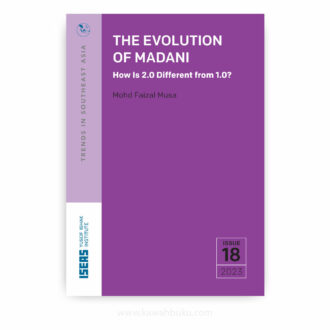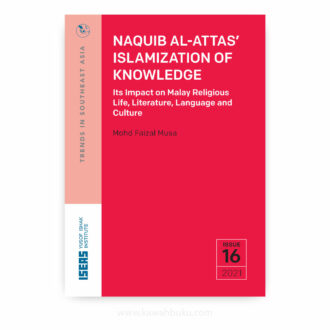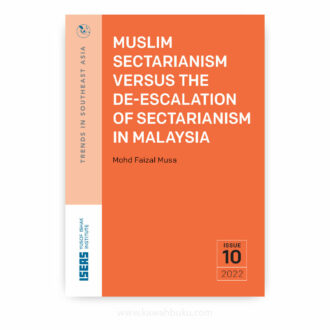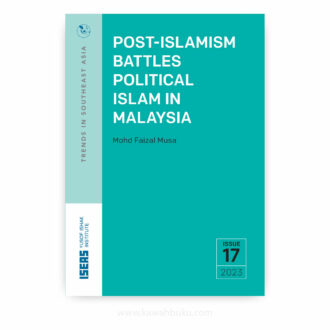Malaysia’s Responses to Issues Pertaining to Palestine analyse the Malaysian government’s responses to issues pertaining to Palestine and will illustrate how its commitment to Palestinian independence at the international level also served as a catalyst to boost domestic political support from Malay-Muslim voters. Malaysia’s support for Palestinian independence has always been based on religion. Historically, Malaysia has had warm relations with Palestinian leaders including the Palestine Liberation Organization—during Hussein Onn’s and Mahathir Mohamad’s administrations—and Hamas since Najib Razak’s administration. However, Malaysia’s support is not just based on their affinity to Palestinians as fellow Muslims but is also a matter of domestic politics. Support for Palestine has been used as a political tool for various quarters to prove that they are more Islamic than the other.
Malaysia is now led by Prime Minister Anwar Ibrahim, a former student leader who rose to prominence in the 1970s for his activism on issues regarding the Muslim ummah, including Palestinian independence. Over the years, Anwar has demonstrated consistency in his support for Palestinians, and this has especially been the case since the outbreak of Israeli aggression against Gaza which began on 7 October 2023. As a result, Malaysia has gained global prominence for its aggressive stand against Israel. Thus, this paper discusses the Malaysian government’s responses to issues pertaining to Palestine over the years. In doing so, it illustrates that while Islam has been a crucial rallying point in supporting the rights and independence of the Palestinians, it is also arguable that Malaysia’s foreign policy outlook is also influenced by domestic politics and the need for the government of the day to maintain its support from the Muslim voter base.















Reviews
There are no reviews yet